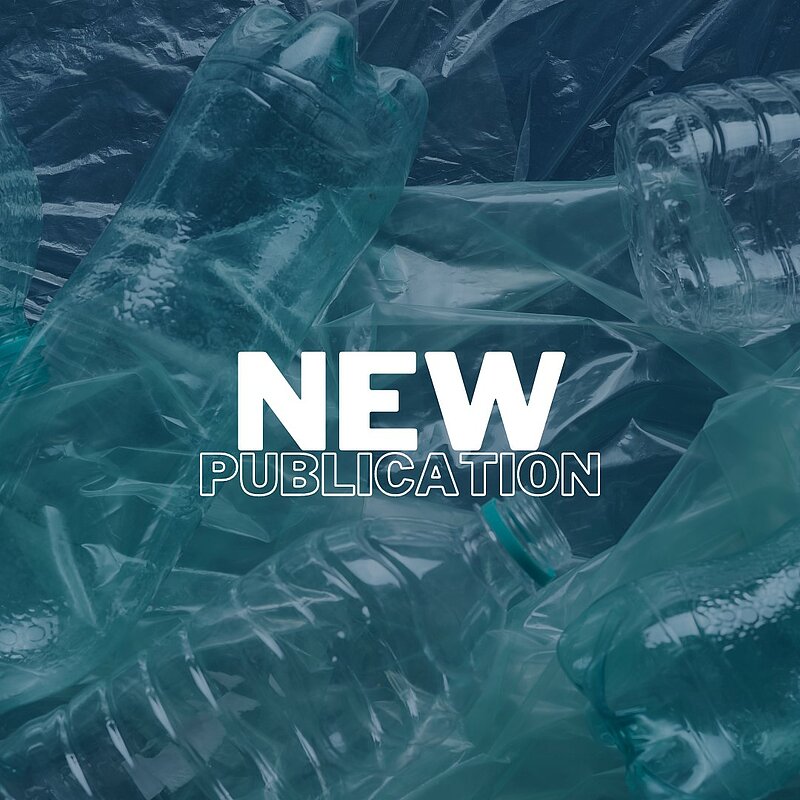To reduce the environment pollution from the extensive use of tylosin (TYL), in this study, an antibiotic adaptive strategy was used to enhance the TYL tolerance of aerobic granular sludge (AGS) for the treatment of TYL wastewater. The results showed that the granulation process was enhanced after 30 days of operation. The TYL-tolerant AGS gradually formed and maintained a diameter of 1.2 mm, with the mixed liquor suspended solids (MLSS) of 6810 mg⋅L−1 and sludge volume index (SVI) of 26 mL⋅g−1. Meanwhile, the chemical oxygen demand (COD), NH4+-N, and total N removal effiencies could reach up to 92.9%, 91.7%, 88.5%, respectively. The average TYL removal rate was 85.5% with the effuent TYL of 1.45 mg⋅L−1. In addition, the microbial communities shifted significantly that Bacteroidetes and Proteobacteria dominated the phylm, and the Macellibacteroides was the major genus which might possess the anitibiotic resistance genes of TYL.
Read the full article here.


